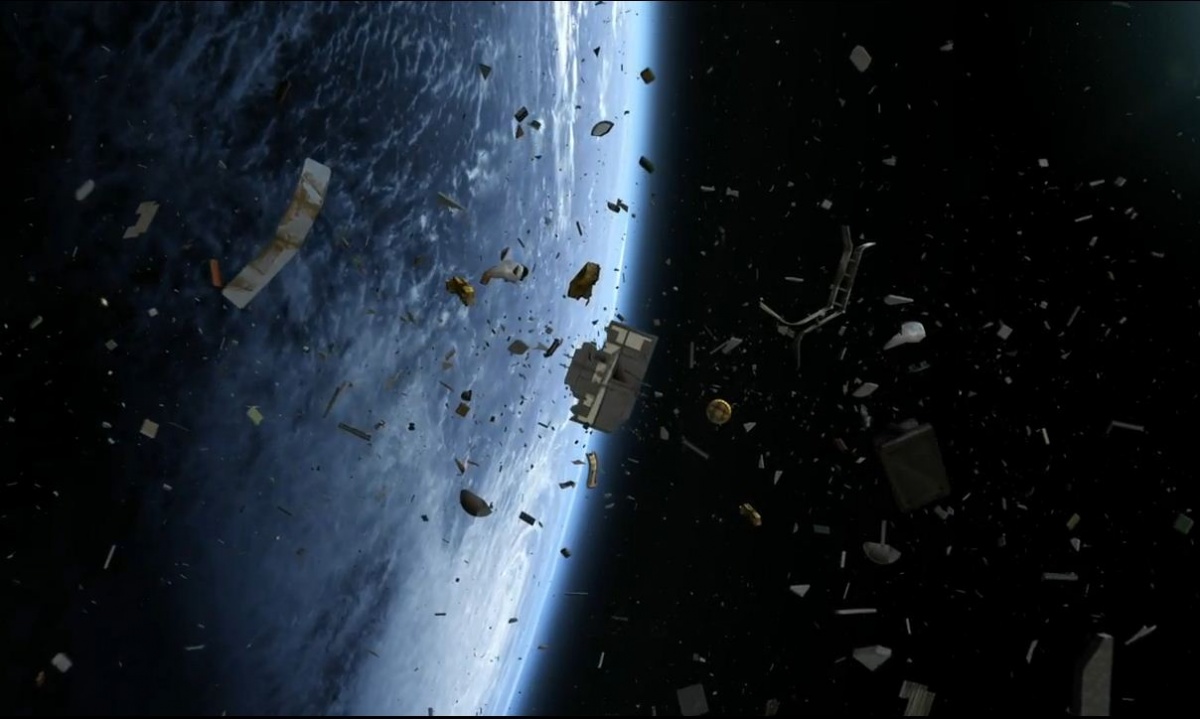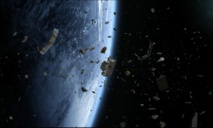Thestrategist.com – 22 April 2015 – Miriam Kramer writes about ‘incredible technology’ developed by N.A.S.A. There are seemingly “untenable” amount of ‘man-made’ debris lying in the Space around the orbit of the Earth. The said manmade waste, polluting the space can be brought ‘under-control’ by using emerging technologies that are “currently available”.
Manmade debris, found in the space, are the result of ‘space junk’ generated by humanity. The rate of debris generation is higher than the time taken for them to “fall back toward Earth” in a natural manner. In fact, this trend is a risk posed for the satellite as they can collide easily “with speeding pieces of debris”. According to the retired H.O. D of “NASA's Orbital Debris Program Office”, Mr. Donald Kessler, it high time that a corrective step is taken. He says:
Manmade debris, found in the space, are the result of ‘space junk’ generated by humanity. The rate of debris generation is higher than the time taken for them to “fall back toward Earth” in a natural manner. In fact, this trend is a risk posed for the satellite as they can collide easily “with speeding pieces of debris”. According to the retired H.O. D of “NASA's Orbital Debris Program Office”, Mr. Donald Kessler, it high time that a corrective step is taken. He says:
"In the long term, everything will eventually break up due to collisions. Even if you don't add anything else to the environment, the collision frequency due to random collisions will create more debris than will re-enter naturally."
N.A.S.A informs that the estimated quantity of debris those are “larger than a marble” amounts to almost “500,000 pieces” orbiting around the earth. Moreover, Kramer writes:
“There are 22,000 bits of junk as big as a softball, and there could be more than 100 million tiny fragments at least 1 millimeter across racing around Earth.”
Nevertheless, the biggest challenge lies in controlling the entire mission of removing the space junk items that may cause trouble which includes “spent rocket stages” and “defunct satellites” among other debris from the earth. At present, there are available technologies which “could mitigate the space junk threat”.
As per a study conducted by N.A.S.A., removal of “only five satellites” from their respective orbit, orbital environment could be stabilizes as instructed by “an international understanding” named “the 25-year rule”. The said rule forbids any nation to launch any object into the space whose life-time will exceed the course of twenty five years once their missions are completed. There are also some basic “basic method” which could help the space agencies to eliminate the spatial debris. Kramer says:
“Engineers would need to develop some kind of technology to grapple the target piece of debris and pull it into a part of space where it could quickly to burn up in Earth's atmosphere.”
In fact, in Kessler’s words:
"Technologically speaking, the easiest way to do it is what I've been referring to as the old-fashioned way. You just design a spacecraft to go up and get it, attach a rocket to it and send it on its way or wherever you want to put it."
Moreover, attempts are being made by D.A.R.P.A to utilise the “defunct satellites” to build “new space-based systems” wherein “tender” mediums launched from earth, containing “small ‘satlets’” would restore the functionality of the old satellites. Nonetheless, scientists are also exploring the option of laser technology to which Kessler responded saying:
"There are two ways that a laser works. One is using what they call photon power — just letting light waves slow it down until it re-enters [Earth's atmosphere], but that works really well on small stuff.
"To get a big force out of it, you need to vaporize part of the surface and essentially form a jet … but when you're doing that, you don't know what might happen, so there's some uncertainty there. You would hate to cause it to blow up for example."
Nevertheless, according to Kessler such laser technologies are unlikely to come out in the near future because there is a constant threat that such technologies could be weaponised easily.
References:
http://www.space.com/22969-space-junk-clean-up-ideas-incredible-technology.html?utm_source=pm&utm_medium=most-popular&utm_campaign=related_test



















